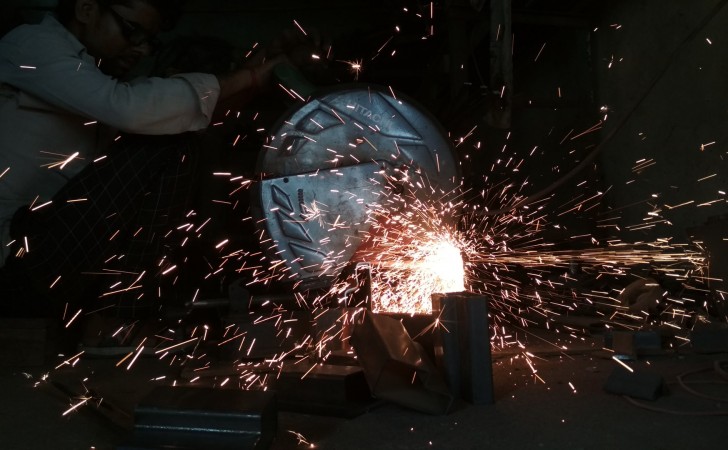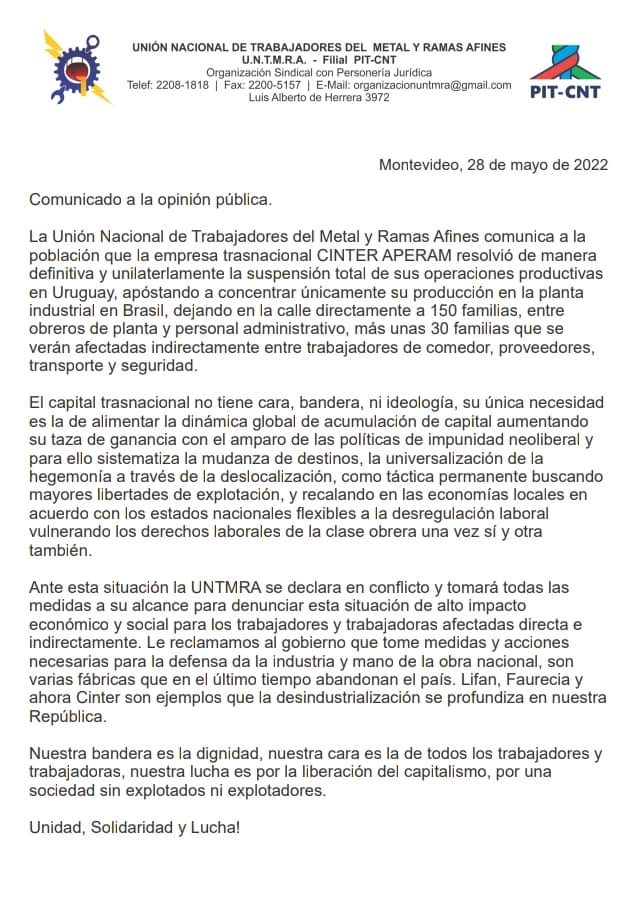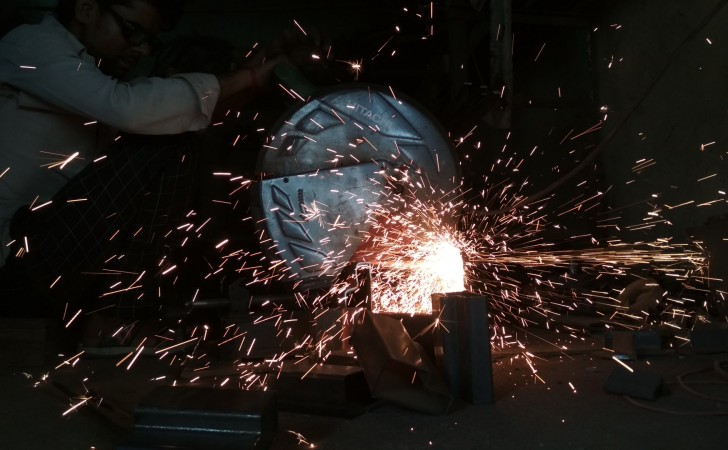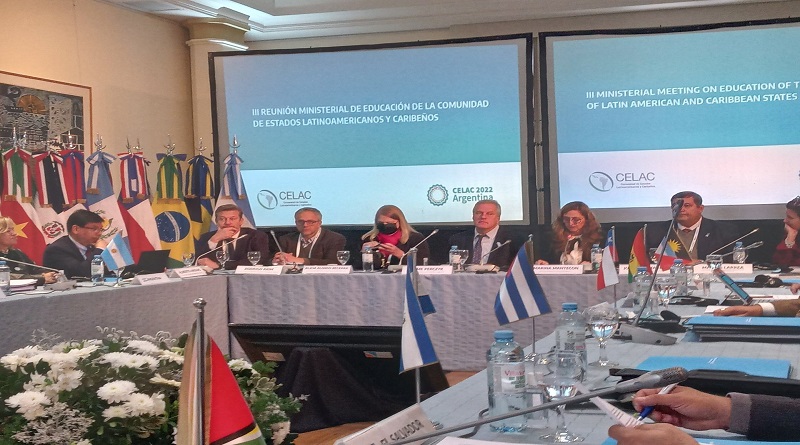
On Saturday, the National Union of Metal Workers and Related Branches (UNTMRA) regretted that the Cinter Aperam company decided to permanently and unilaterally close its operations in Uruguay to concentrate all its production in Brazil.
This decision leaves 150 workers and their families without pay, and the company said it “regrets having to make this decision because it knows of its negative social impact.”
“Transnational capital has no face, flag or ideology, its only need is to feed the global dynamics of capital accumulation, increasing its profit rate with the protection of neoliberal impunity policies, and for this, it systematizes the change of destinations, the universalization of hegemony through relocation, as a permanent tactic seeking greater freedoms of exploitation, and ending up in local economies in accordance with flexible national states and deregulation, violating the labor rights of the working class once yes and another too,” UNTMRA wrote in its statement.
Why does it close?
The company argues that, in recent years, “the company has maintained its production activity in Uruguay, even though multiple factors have aggravated its loss of competitiveness, such as the technological development of manufacturing systems, the increase in freight costs, the lack of proximity of customers and raw materials and the asymmetric evolution of labor costs with Brazil”.
Aperam is a global player in the steel industry, with a presence in more than 40 countries organized into four divisions according to the metal they produce. It has a production capacity of 2.5 million tons of flat stainless and electrical steels in Brazil and Europe.
In 2020, it had a turnover of €5,102 million (five thousand one hundred and two million euros) after selling more than 1.82 million tons of metals. Cinter had 65 years of operations in Uruguay.








